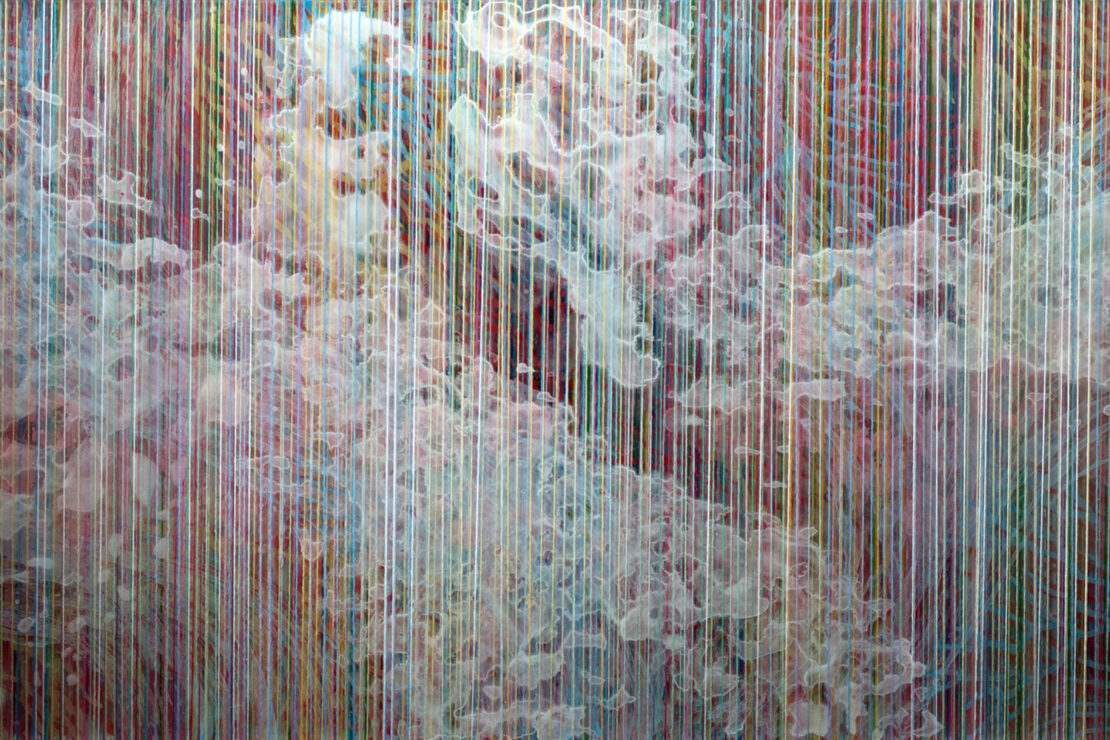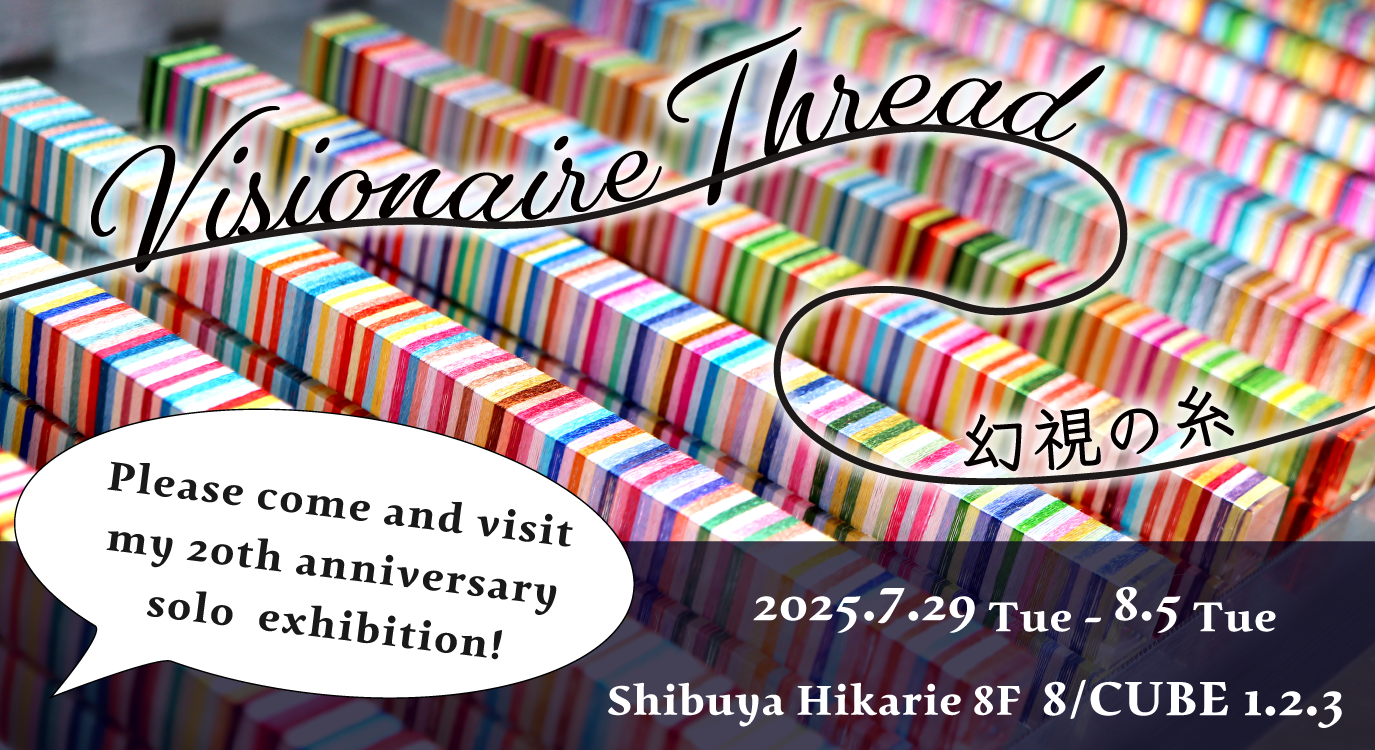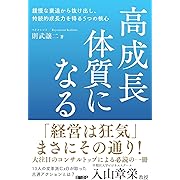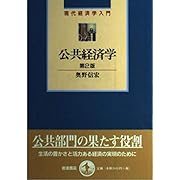I have an interest in Taoism and sometimes take time to study it. Taoism is an elusive and challenging philosophy to grasp, and I’m far from understanding it fully. I wouldn’t dare call myself a Taoist—perhaps it’s more accurate to say that I aim to embody Taoist principles.
Taoism values living naturally and accepting things as they are. On the other hand, in the art world, self-expression and marketing play crucial roles, and it’s quite normal to embellish things a bit when posting on social media.
This has led me to a strange question: Can these two seemingly opposing concepts coexist? In other words, is it possible to be both an artist and a Taoist? I’ve been quietly pondering this question over the past few months.
What Exactly Is 無為自然 (Wu Wei and Ziran: unconditioned nature) ?
At the core of Taoism lies the concept of Wu Wei and Ziran. This refers to a state where, after repeated practice and mastery, one’s skills become so ingrained that they flow naturally and effortlessly. When I first learned about Wu Wei, I was surprised: “Wait, Wu Wei isn’t about doing nothing and just relaxing?”
Years ago, there was a book called something like The Tao of Winnie the Pooh that became popular in Japan. It portrayed Winnie the Pooh, who lives a laid-back life, as a master of Taoism. Many people, myself included, may have had a similar impression of Wu Wei. However, Pooh is highly motivated when it comes to collecting honey.
The key lies in Pooh’s dedication to what he loves. Taoism emphasizes focusing only on what you’re good at and what you enjoy. This stands in stark contrast to the idea that “if you work hard on things you’re not good at, you’ll eventually improve.” Instead, Taoism encourages honing your natural talents and striving for the state of Wu Wei in areas you truly excel in.
The Intersection of Art and Taoism
For an artist, Wu Wei might mean reaching a point where, after creating a substantial amount of work, you can intuitively and effortlessly produce art. It’s not about forcing self-expression but about allowing the work to emerge naturally, leading to refined creations.
However, achieving this state requires long periods of dedicated practice. During this time, it’s essential to remain focused on your craft without being swayed by short-term results or external opinions. It’s nearly impossible to sustain this effort unless you genuinely love what you’re doing. Taoism’s advocacy for pursuing what you love stems from a straightforward observation: “If you don’t love it, you won’t stick with it.”
Natural Marketing
In today’s world, artists cannot ignore the role of marketing and branding when sharing their work with the world. However, Taoists are often associated with a lack of ambition and a preference for a reclusive lifestyle, making marketing seem like an unlikely match.
If we were to align marketing with Taoist principles, the key would likely be authenticity and sincerity. By presenting yourself as you are and staying true to yourself, you can achieve natural self-expression. This approach might even appeal to those who feel drained by the demands of social media. By being honest and natural in your communications, you may find an audience that resonates with you while reducing the pressure of constantly “performing.”
Can Taoism and Art Coexist?
As to whether Taoism and being an artist can coexist, I still don’t have a clear answer. Perhaps, if I continue down this path, I might reach a point of coexistence in my later years, maybe even on my deathbed.
In my art practice, there’s one area where I feel I’ve achieved a state of Wu Wei: the act of continue coiling thread. I can do it effortlessly, as if my hands move on their own. However, in other aspects, I’m far from that state.
As for marketing, I generally dislike standing out and don’t enjoy being in the spotlight. Still, if I approach it with authenticity, I might be able to share more without feeling undue pressure.
That said, being natural doesn’t mean exposing all your negativity. As an artist, I believe our work brings color and inspiration to daily life, and we have a responsibility to share dreams and beauty with the world.
One of the reasons I’m drawn to Taoism is that it emphasizes reducing stress and avoids imposing strict rules or obligations. Living with less stress is essential, and learning about Taoism—or other philosophies—can be incredibly helpful for that purpose.
Next, I plan to write about a book I recently read called 江南の庭 -Gardens of Jiangnan- and explore the relationship between gardening and the philosophy of retreat.








